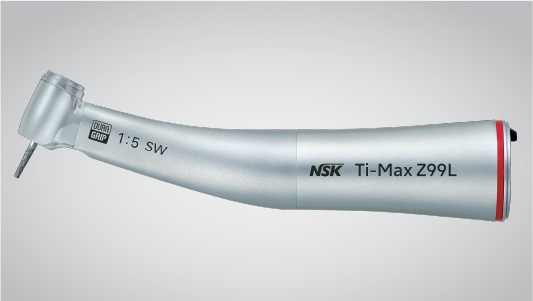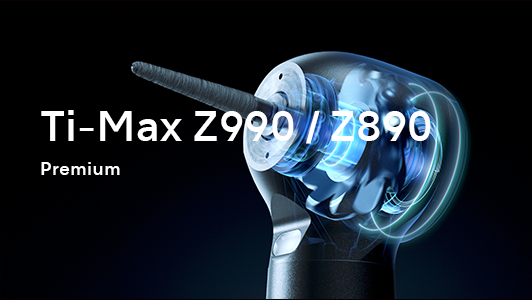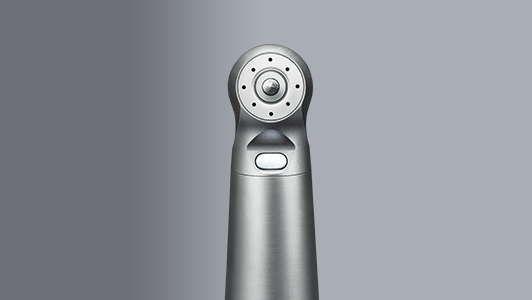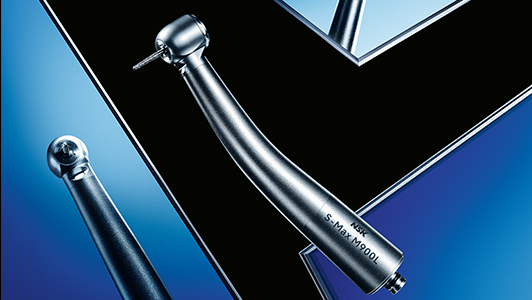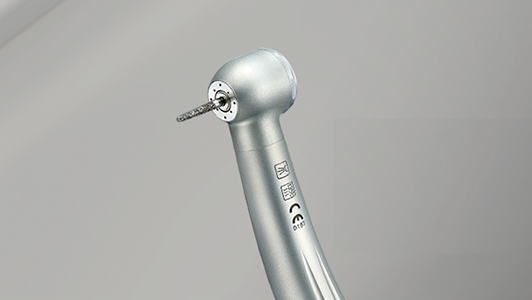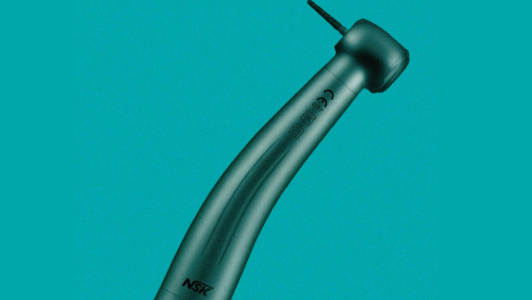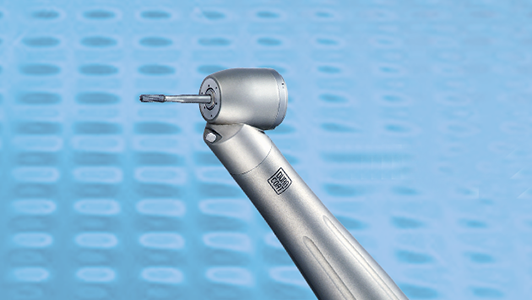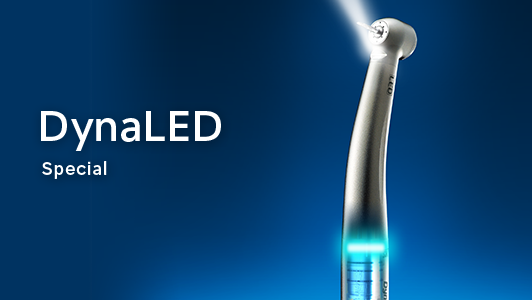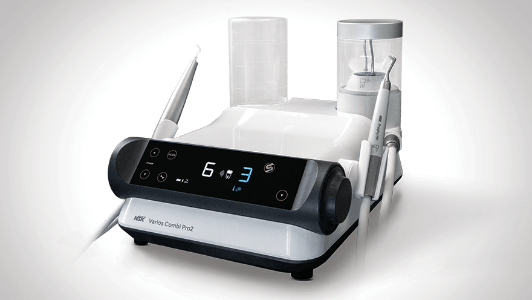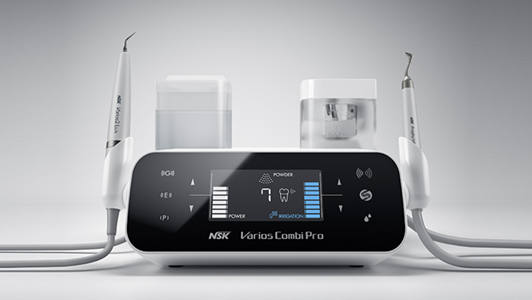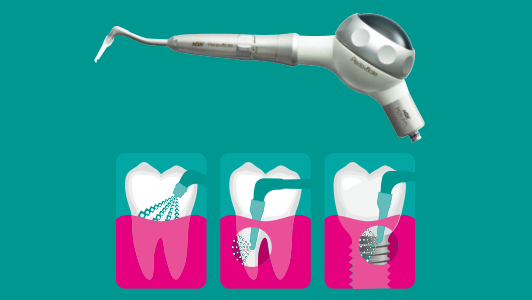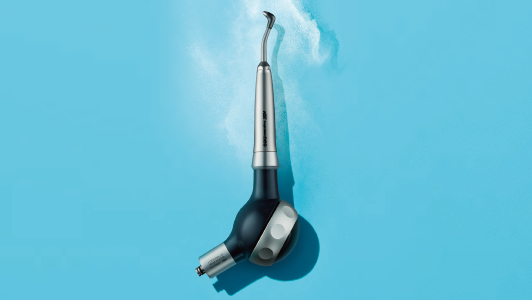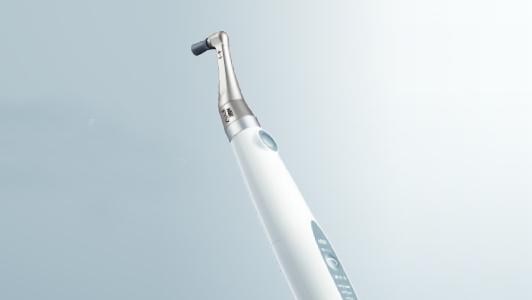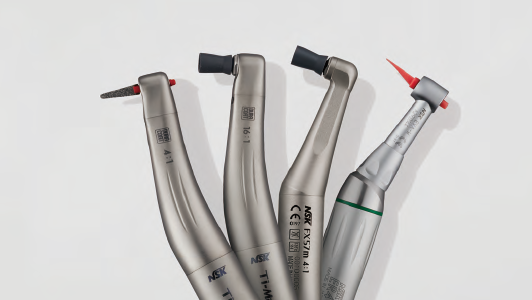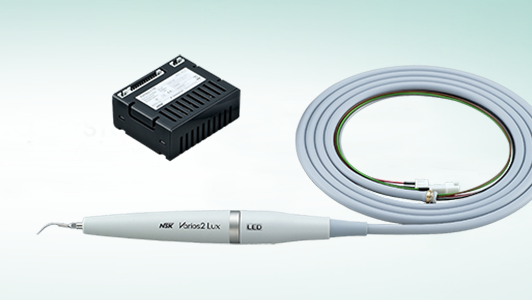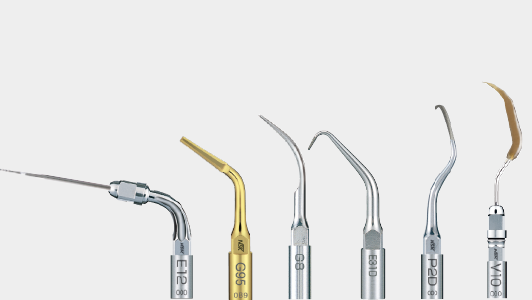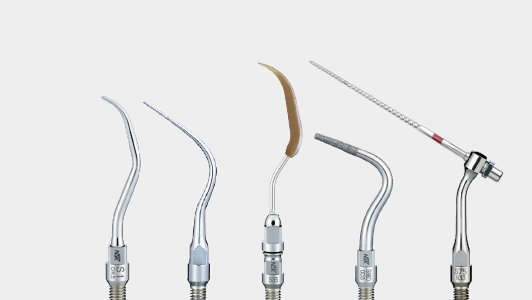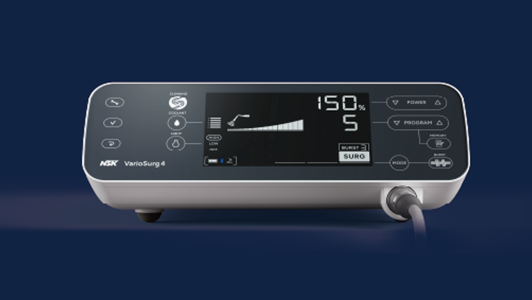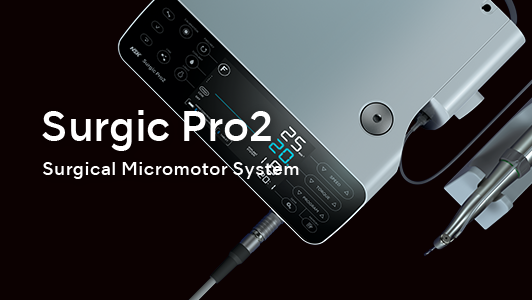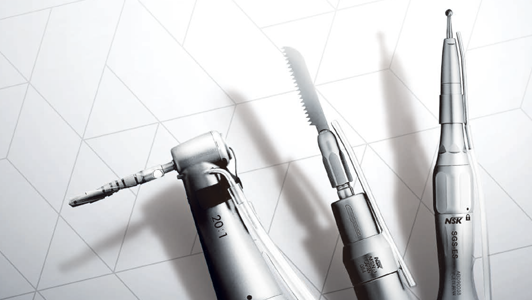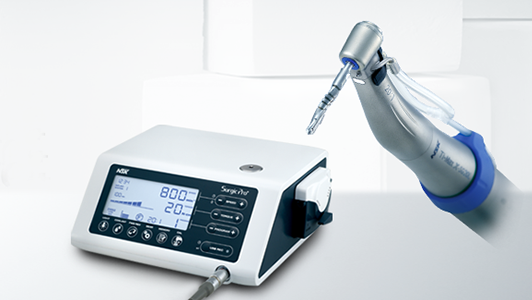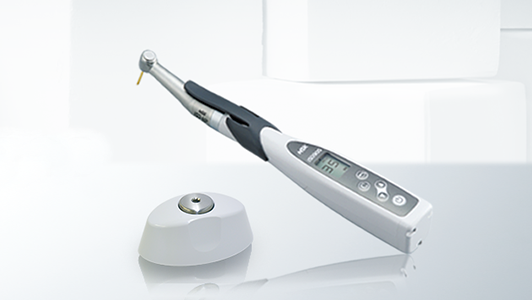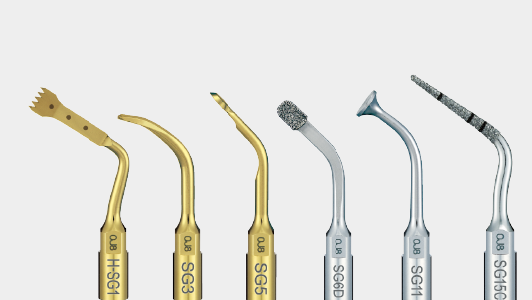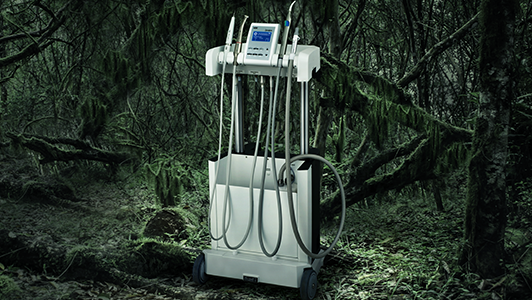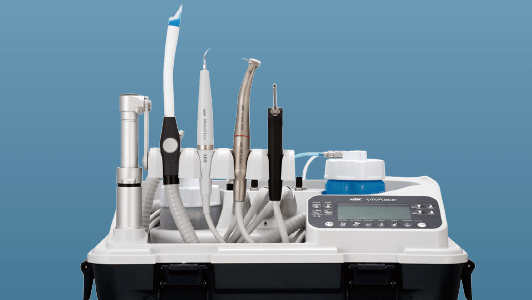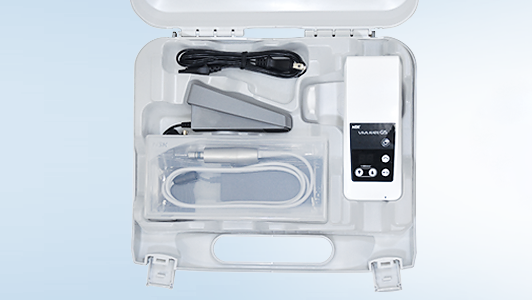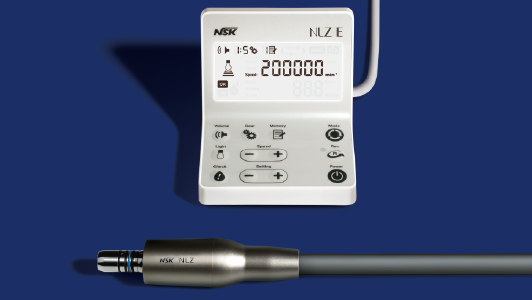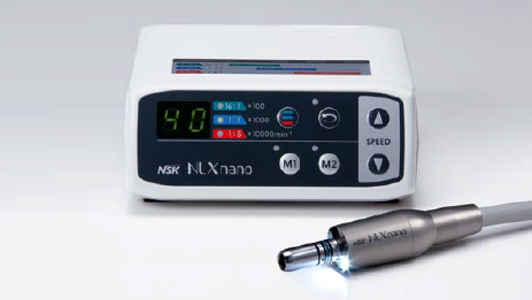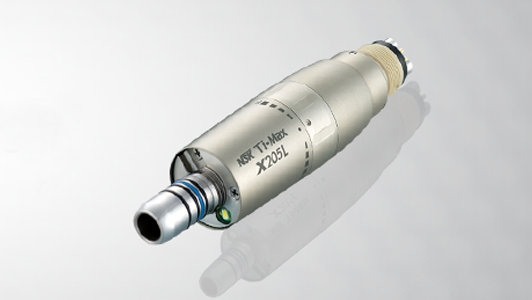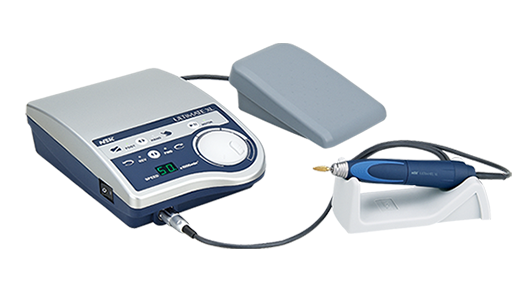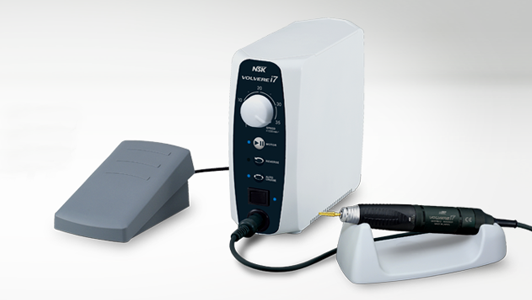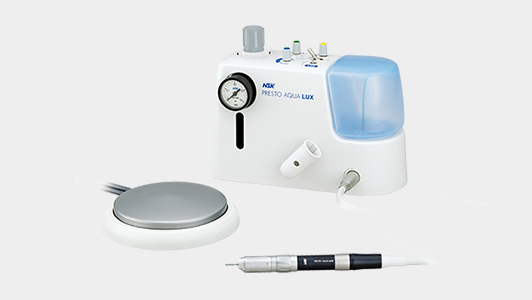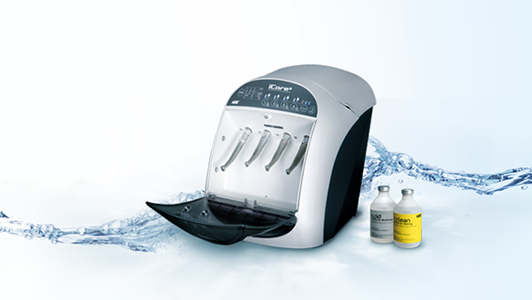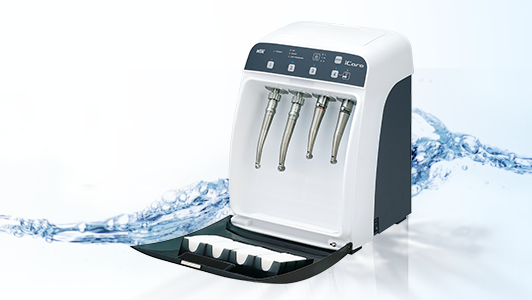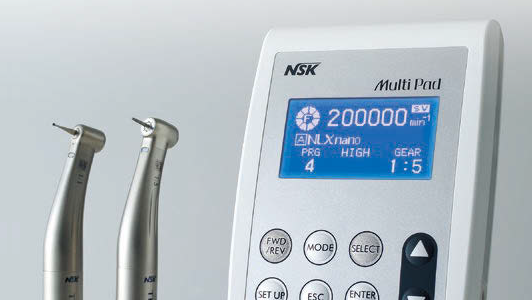
The Key to Team and Patient Engagement
Mark Topley talks about leading a more productive, profitable & happy team through a structured approach to Corporate Social Responsibility
How responsible is your business? It’s a question that I see everywhere at the moment.
My dental social media feeds, industry blogs and magazines are all full of dentists asking the same questions as they struggle to tackle their environmental responsibility.
Paging through the January edition of a major dental magazine, I was struck, but not surprised, by the number of companies, practices and individuals profiling the various activities and initiatives they had done for charity. All laudable, worthwhile initiatives and for me – a former charity CEO – great to see.
Scrolling through my news feeds, watching TV and listening to the radio, it’s also clear that companies outside the sector are also keen to point out their charitable and environmental credentials. Whether it’s Eon switching its customers to 100% renewable energy, Ryanair and Easyjet highlighting their low-emissions fleet and carbon offsetting, or McDonald’s emblazoning their use of used cooking oil to power their trucks, it’s clear that both being a responsible business, and showing it, are now big corporate issues.
On the global stage, the move to addressing CSR strategically has been clear for some time. In particular, Larry Fink’s emphasis in his annual Blackrock letter to executives in both 2018 and 2020 pointed to social and environmental impact being a prerequisite for ongoing support:
“Do social good, or risk losing our support” Fink January 2018
“Climate change has become a defining factor in companies’ long-term prospects” Fink January 2020
The bottom line impact data is strong and growing. Gallup, Forrester, Neilsen, CONE and others all point to key trends in consumer and employee expectation of business.
- 88% now expect a commitment to social and environmental responsibility as integral aspect of your business strategy. (ProjectROI 2017)
- 81% of people feel strongly that companies should help improve the environment, and they are willing to support companies who contribute to change. (Neilsen 2018)
The message is clear – consumer expectation is for now for responsibility. Investor demand has changed, and employees now want responsible and purposeful work.
Struggling to retain staff? Where low levels of CSR exist, it leads to unengaged, unhappy employees who will jump to a new job without a second thought. In fact, 55% of the Millennial workforce say they feel unattached and unengaged from their current role and company (Gallup 2016), and a full 60% of Millennials say they are open to a different job opportunity. (Gallup 2016).
For companies with strong CSR plans, the opportunity to attract, hire and retain staff is promising. Millennials feel so strongly about CSR that 62% of this group would take a pay cut to work for a socially responsible organisation. (2015 Cone Communications).
For those that do embrace the CSR challenge successfully, consistently and wholeheartedly, the results are clear. Customer and employee loyalty, trust, and brand image all increase. Teams in responsible businesses are less likely to leave, more engaged, more productive, and their employers more profitable.
Most business leaders understand this. And yet many fail to take this understanding forward to action. Most that I see seem to prefer to adopt a sporadic, ad-hoc approach, and are disappointed with the results.
There are five reasons I typically come across as to why companies fail to address their CSR effectively.
- Cost – there’s a lack of clarity around what investment in CSR is required, and fears about runaway expenses once the door is opened to charitable donation.
- Overload – A lack of bandwidth to communicate new ideas is a common problem in growing groups. And so creating a plan that works and integrates effectively without overloading already stretched lines of communication is an understandable concern.
- Disappointment – Some leaders are concerned that a commitment to CSR will let loose a wave of enthusiasm in the team, that ultimately will be disappointed if Regional and Practice Managers have to say ‘no’ to too many or unrealistic ideas.
- Distraction – With a lot of work to do, targets to hit, changes to introduce and training to deliver, will CSR become an unhelpful distraction that damages the business?
- Who to support – with so many people in the business, and so many charities to support, how do you identify good causes that will engage everyone, and make sense to patients
This is not an issue that is going away anytime soon. My desire when I started the CSR Coach was to take all that I had learned as a CEO to create a process through which CSR could be successfully integrated into dental business. Through working with some outstanding international companies in the UK, East Africa and Australia, I saw how a well structured approach to Car could be an authentic, strategic tool for leadership, brand identity and add value. It addresses three main areas.
People & Ethics
The vision in this area is a positive, caring and challenging place where people love to work. The key issues addressed cover the style and development of leadership, communication, vision and values. It also incorporates Wellbeing, Team Development, Internal Communication and remuneration
Environment & Sustainability
The big one in dentistry at the moment. Outside of regulatory constraints, there is a great deal that a practice can do to limit it’s environmental footprint, especially through green energy and travel policies. This area is constantly evolving, which is great news, and new ideas are popping up all the time.
Community & Charity
My personal passion is ensuring that the business, the team and the charity all gain maximum benefit. This means that charity and community partnerships are essential. Understanding and dialogue between the parties and a commitment over a period of time mean that much more can be achieved than through the occasional spike in activity or a one off donation.
Having done this, my clients ensure they put in place two other essentials:
- Communications – the team have a plan to systematically and consistently communicate the ‘why’ behind their choices, the current plan and the outcomes. They also use their platforms to share information about the causes they support, what their charities do, and what the practice does to help.
- Management – the owners recognise that when it’s done well, CSR is like any other value creating asset in the business. And as such, they committed to managing it effectively, including appointing a Champion to ensure everything stays on track.
What this results in is a manageable, cost and time effective framework for CSR. It’s integrated and carefully structured so that it takes up little time. Appropriate communication through Dental CSR Certification means that the practice’s commitments are recognised. It strengthens recruitment, retention and differentiation. It boosts engagement, productivity, loyalty and value.
A growing number of practices are achieving great results by adopting a structured approach to CSR. Companies like NSK, Voco, and award winning practices across the country have found the benefits for the team, recruitment and retention, and patient perception.
“Brilliant – it’s empowered the whole team – dentists, hygienists, nurses, receptionists, even the cleaner are now doing things towards one goal.”
James Goolnik Bow Lane Dental
“It has brought our closely-knit team even closer together in a way that I didn’t think was possible”
Joe Bhat Moor Park Specialist Dental Referral Centre
“Going through the process was very positive. Mark is a great coach and had engaged the whole team and made CSR so much fun!”
Sameer Patel Elleven Dental
I believe that now is the very best time to put CSR at the heart of the business. Consumer expectation is for responsibility, investor demand has changed, employees want responsible and purposeful work. The companies doing this successfully are seeing loyalty, trust and brand image increase. They are seeing greater engagement, productivity and profitability in their teams. They are turning challenges into positives and helping their people to feel proud of what they do.
About the Author
 Mark Topley helps people to run responsible businesses, coaching them through the frustration and challenges that come from putting CSR into practice. He works alongside dental practices and businesses to help them create clarity, structure and momentum with responsible business planning, targeting people, planet, and community. He writes at marktopley.co.uk, and provides free articles and advice on his Facebook page – The CSR Coach, and Twitter @Mark_Topley.
Mark Topley helps people to run responsible businesses, coaching them through the frustration and challenges that come from putting CSR into practice. He works alongside dental practices and businesses to help them create clarity, structure and momentum with responsible business planning, targeting people, planet, and community. He writes at marktopley.co.uk, and provides free articles and advice on his Facebook page – The CSR Coach, and Twitter @Mark_Topley.
